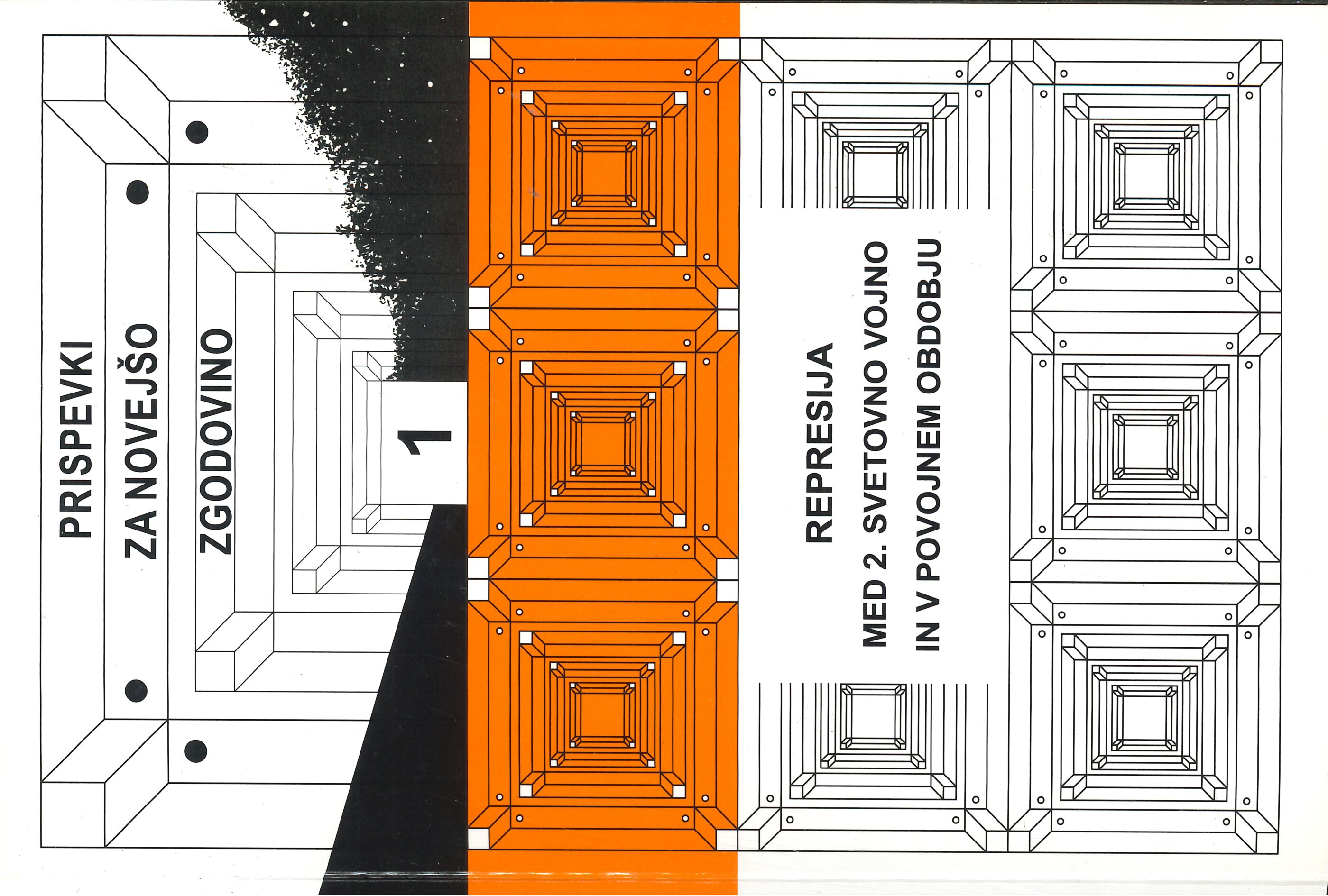O represiji nacističnega režima nad slovensko govorečimi prebivalci na avstrijskem Štajerskem (1938–1945)
Ključne besede:
Austria, Austrian Styria, Slovenian minority, nazism, fascism, camps, assimilation, immigrants, border, National Liberation StrugglePovzetek
ON THE REPRESSIVE ACTS OF THE NAZI REGIME AGAINST SLOVENIANES IN THE TERRITORY OF THE AUSTRIAN FEDERAL PROVINCE OF STYRIA, 1938–1945
The article focuses on the Nazi repression against the autochthonous Slovenian‐speaking po‐ pulation in the Austrian Styria living near the Yugoslav border as well as against Slovenian immigrants in Graz and in other parts of Austrian Styria. On one hand this repression is described as a complex of criminal activities building on the proven German national tradition of national struggles dating back to the time before World War I. On the other hand the Nazi repression involved a new dimension of negative intensity, leading directly to an extensive denationalisation policy in Slovenia after 6 April 1941. Besides people living near the border, in the territory of Austrian Styria this repression was also aimed against persons who had contacts with Yugoslavia, officials of the Slovenian society Čitalnica in Graz, and every person of Slovenian origin taking part in the political resistance or cooperating with partisans.
Prenosi
Objavljeno
Številka
Rubrika
Licenca
Avtorji prispevkov, objavljenih v tej reviji, soglašajo z naslednjimi pogoji glede avtorskih pravic:
- Avtorji ohranijo avtorske pravice, reviji pa odobrijo pravico do prve objave. Delo se hkrati zaščiti z licenco za prosto uporabo avtorskih del (Creative Commons Attribution License), ki drugim osebam omogoča deljenje dela ob priznanju avtorstva in prve objave v tej reviji.
- Avtorji lahko sklenejo ločene dodatne pogodbene dogovore za neizključno distribucijo različice dela, objavljene v reviji, (npr. oddaja v institucionalni repozitorij ali objava v knjigi) z navedbo, da je bilo delo prvič objavljeno v tej reviji.
- Pred postopkom pošiljanja in med njim lahko avtorji delo objavijo v spletu (npr. v institucionalnih repozitorijih ali na svoji spletnih strani), k čemer jih tudi spodbujamo, saj lahko to prispeva k plodnim izmenjavam ter hitrejšemu in obsežnejšemu navajanju objavljenega dela (glej The Effect of Open Access).


